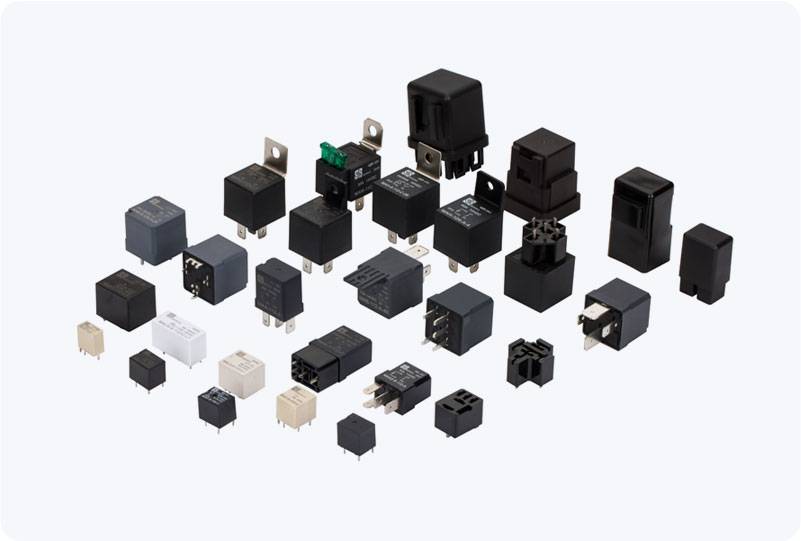Ground Fault Protection Relay (GFPR) is an essential device used in electrical systems to detect and protect against ground faults, ensuring the safety and reliability of the system. It is primarily designed to safeguard electrical installations, equipment, and personnel by detecting faults in the ground wiring and initiating corrective actions to prevent damage or hazards. This article will explore the significance of Ground Fault Protection Relays, their operation, and the role they play in maintaining electrical safety.

What is a Ground Fault? A ground fault occurs when an unintended path between an electrical conductor and the ground allows current to flow. This typically happens due to damage in the insulation or accidental contact between a live wire and a grounded surface. Ground faults can be dangerous, leading to electrical shocks, fires, and damage to electrical equipment. To prevent these incidents, it is critical to detect and address ground faults quickly. The Role of a Ground Fault Protection Relay Ground Fault Protection Relays are designed to detect these ground faults and activate protective measures when a fault is detected. They continuously monitor the electrical system, comparing the current flowing through the system with the expected normal value. If the relay detects an imbalance in the current, which signifies a ground fault, it triggers an alarm or disconnects the affected circuit to isolate the fault.
Leave a Reply